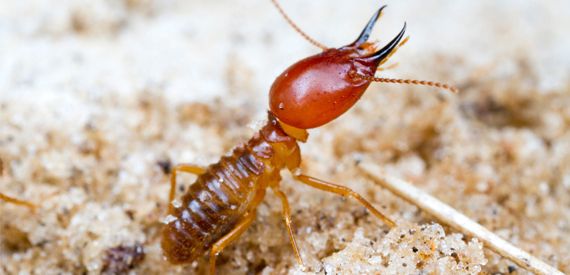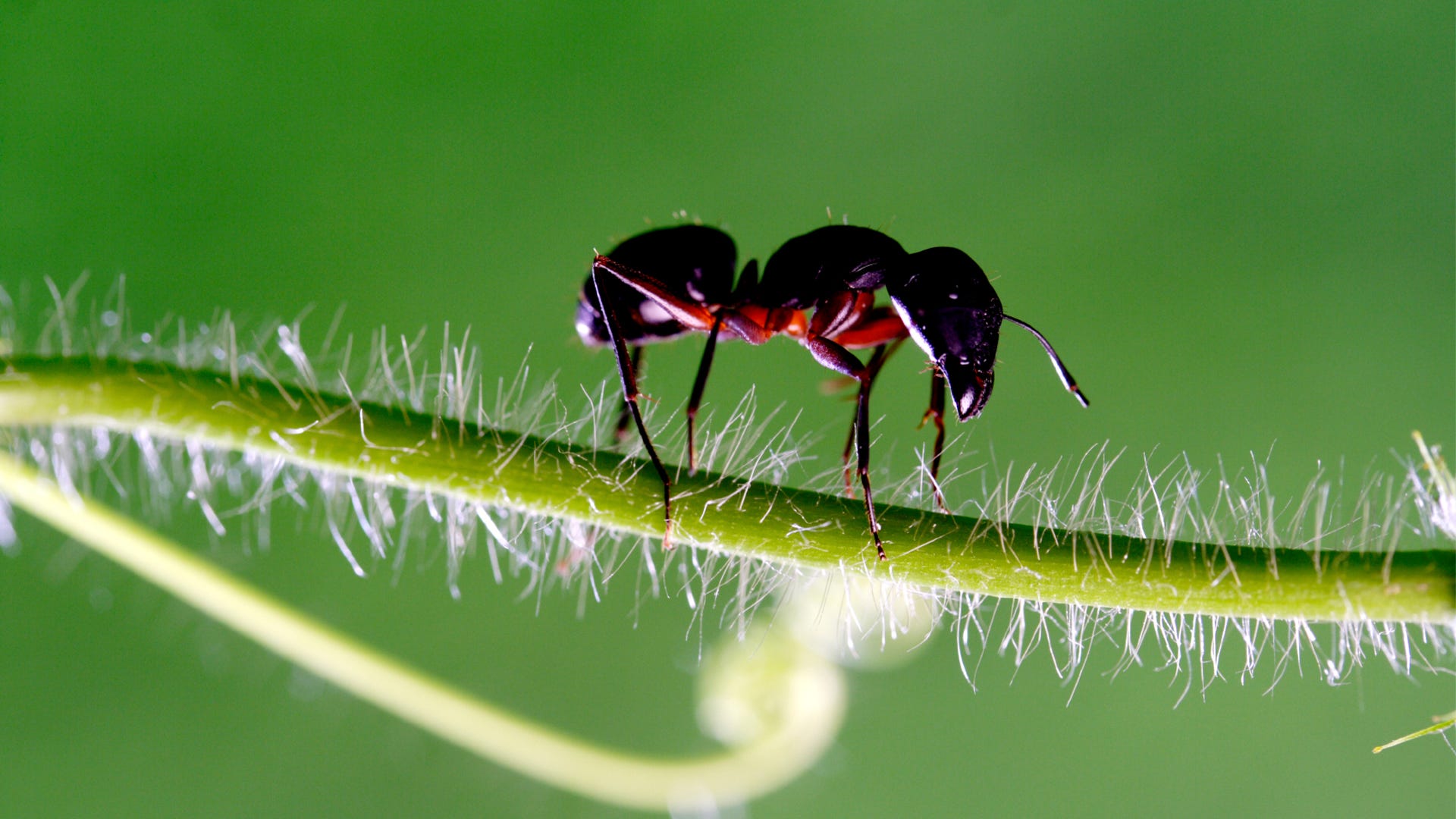Ecological Impact of Parasite Control: Harmonizing Efficiency With Sustainability
The ecological influence of parasite control is a crucial problem that requires a delicate balance in between accomplishing performance in ensuring and taking care of parasites sustainability of our ecosystems. As we aim to protect our plants, homes, and health and wellness from the risks postured by pests, the methods we use can accidentally damage the setting. From making use of harmful chemicals that leak into our dirt and water to the unplanned consequences on non-target types, the effects of traditional pest control techniques are far-ranging. However, there are emerging strategies that use wish for a much more sustainable technique to pest administration. These services not only aim to address the immediate parasite troubles however also consider the long-term health of our earth.
Harmful Chemicals in Bug Control
The usage of harmful chemicals in pest control positions substantial environmental and wellness dangers that call for mindful consideration and reduction techniques. Chemicals, pesticides, and herbicides are frequently utilized to get rid of pests, however their prevalent application can result in unplanned consequences. These chemicals can pollute soil, water resources, and the air, affecting not just the targeted parasites yet likewise valuable insects, wild animals, and humans.

To address these dangers, incorporated parasite administration (IPM) techniques are being promoted as an extra lasting alternative. IPM entails a combination of techniques such as organic control, environment adjustment, and the targeted usage of chemicals as a last hope (ant control harrisburg nc). By embracing an alternative technique to pest control, we can minimize the ecological and health and wellness impacts connected with dangerous chemicals while properly taking care of pest populations
Influence on Non-Target Types
Thinking about the unintentional effects of bug control methods, the influence on non-target types is an essential element that needs comprehensive analysis. While pest control actions aim to target certain insects, various other organisms in the environment might be unintentionally affected. Non-target varieties, including beneficial insects, birds, creatures, and also plants, can endure straight or indirect injury from chemical applications or biological control approaches.
Pesticides made to battle a particular insect parasite might damage pollinators like bees or natural predators such as ladybugs. Biological control agents, if not species-specific, can pose threats to unintended targets, disrupting the eco-friendly balance.
To reduce the effect on non-target species, incorporated bug management (IPM) strategies that stress a holistic approach to pest control are advised. These techniques focus on making use of eco-friendly methods, minimizing injury to advantageous microorganisms while successfully handling pest populaces. Conducting thorough danger analyses and keeping an eye on the results of parasite control efforts are vital action in guarding non-target types and advertising general ecosystem health.
Dirt and Water Contamination
Unexpected environmental consequences of parasite control approaches extend past influencing non-target types, with substantial effects for soil and water contamination. Pesticides, herbicides, and chemical fertilizers utilized in pest control can seep into the soil and pollute groundwater, posing a threat to both earthbound and marine communities. Soil contamination can interfere with the balance of bacteria necessary for vitamins and mineral biking and plant development, bring about reduced dirt fertility and performance. pop over to this web-site These chemicals can linger in the setting for extended durations, accumulating in the soil and potentially going into the food chain.
Water contamination is another essential issue linked with insect control techniques. Runoff from farming fields treated with pesticides can carry these chemicals right into neighboring water bodies, impacting marine organisms and water high quality. Pollutants in water sources can have significant consequences, affecting not only marine life but also human health through the usage of contaminated water or water microorganisms. To mitigate dirt and water contamination from insect control tasks, integrated parasite administration strategies that prioritize sustainability and minimize chemical inputs are vital.
Air Pollution From Pesticide Use
Exposure to air-borne chemicals throughout farming applications postures a significant problem for air pollution control measures. In addition, chemical drift, where pesticides are brought by the wind to unplanned areas, can lead to the contamination of close-by communities and water bodies.

Approaches for Sustainable Parasite Control
In the realm of agricultural practices, applying lasting pest control approaches is critical for maintaining environmental balance and safeguarding plant yields. Sustainable insect control highlights using eco-friendly methods to manage insect populations properly while reducing harm to non-target organisms and ecosystems. Integrated Insect Monitoring (IPM) is a commonly adopted method that integrates biological, social, physical, and chemical control approaches to attain long-lasting bug administration services.
Plant turning and diversification are also efficient techniques to disrupt pest life cycles and develop much less desirable problems for parasites to thrive. Inevitably, by integrating these lasting insect control approaches, farmers can achieve an equilibrium in between pest monitoring effectiveness and environmental stewardship.
Final Thought
To conclude, the ecological effect of insect control approaches must be carefully thought about to stabilize effectiveness with sustainability. Dangerous chemicals made use of in insect control can bring about dirt and water contamination, air pollution, and injury non-target species - ant control services. It is essential to carry out lasting bug control strategies to minimize these adverse impacts on the atmosphere and advertise a healthier ecosystem for future generations
By embracing a holistic technique to pest control, we can reduce the environmental and wellness effects linked with hazardous chemicals while efficiently managing pest populaces.

To alleviate the air pollution caused by chemical usage, it is essential to take on incorporated pest administration techniques that prioritize the usage of non-chemical insect control methods, such as crop turning, all-natural killers, and immune plant ranges. Lasting insect control stresses the usage of eco pleasant techniques to take care of insect populations effectively while reducing harm to non-target microorganisms and communities. Integrated Bug Administration (IPM) is a commonly embraced technique that incorporates organic, cultural, physical, and chemical control approaches to achieve long-term insect administration remedies.
Comments on “Advanced Termite Control: Proven Techniques for Eliminating Termite Infestations”